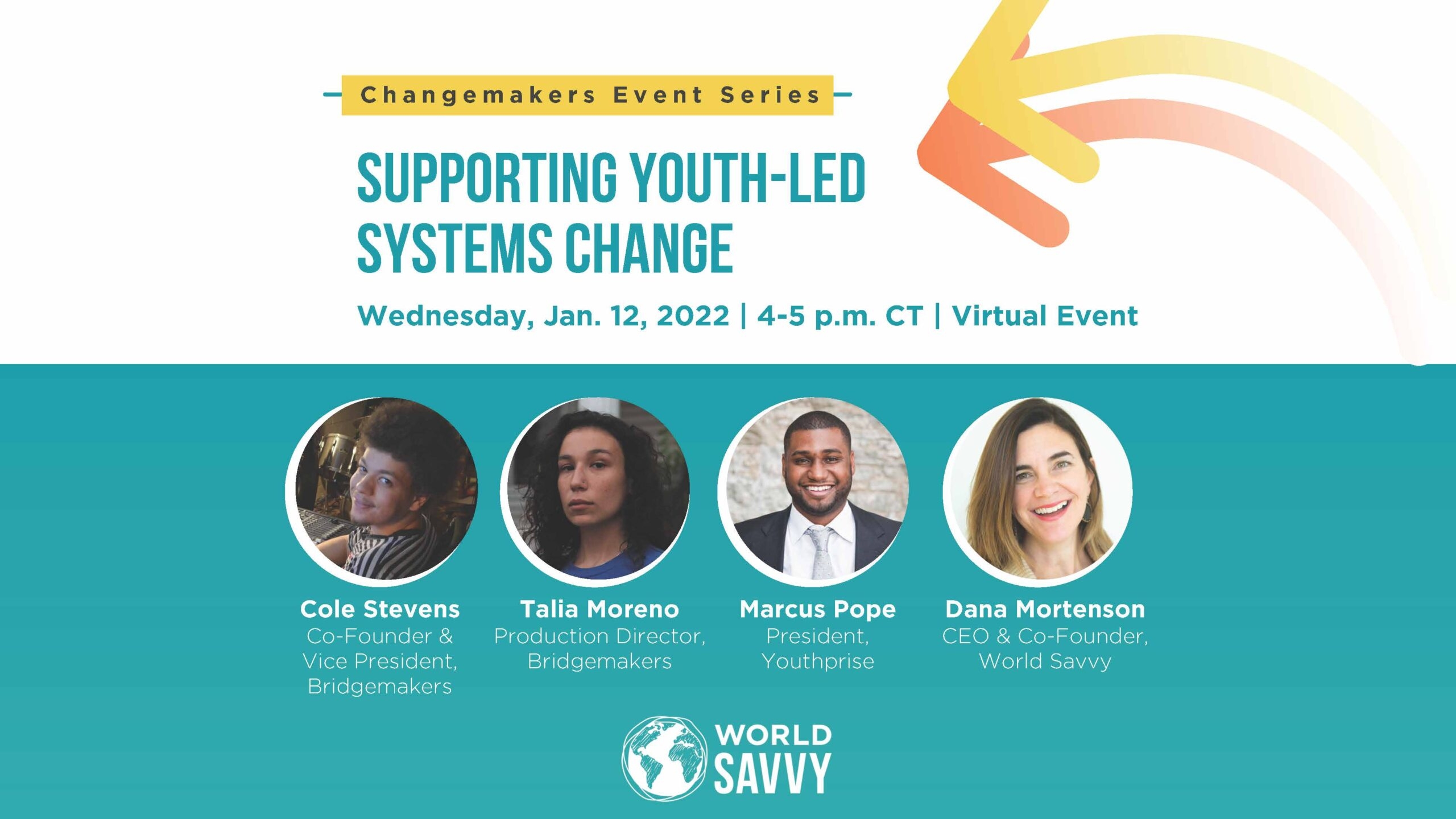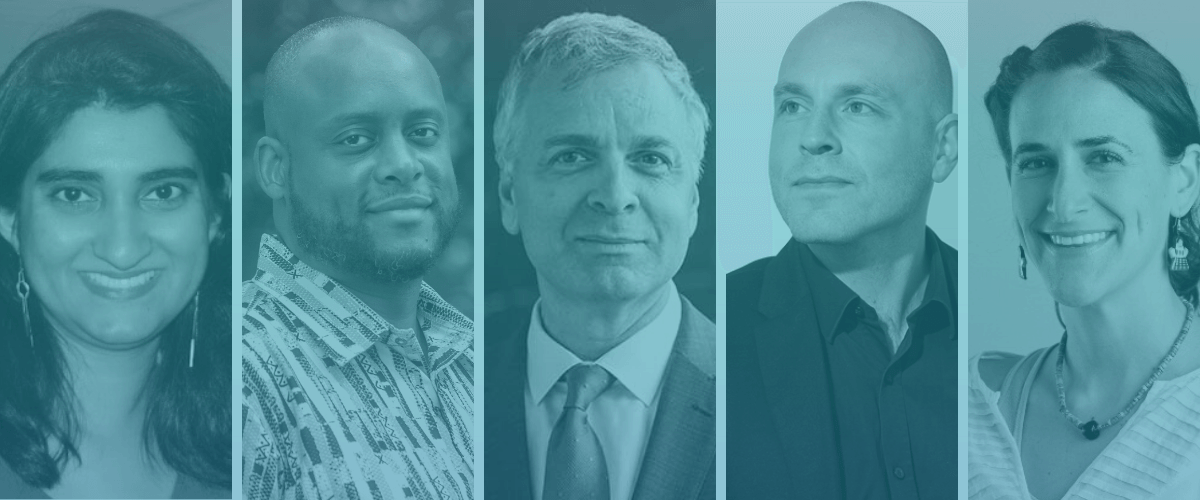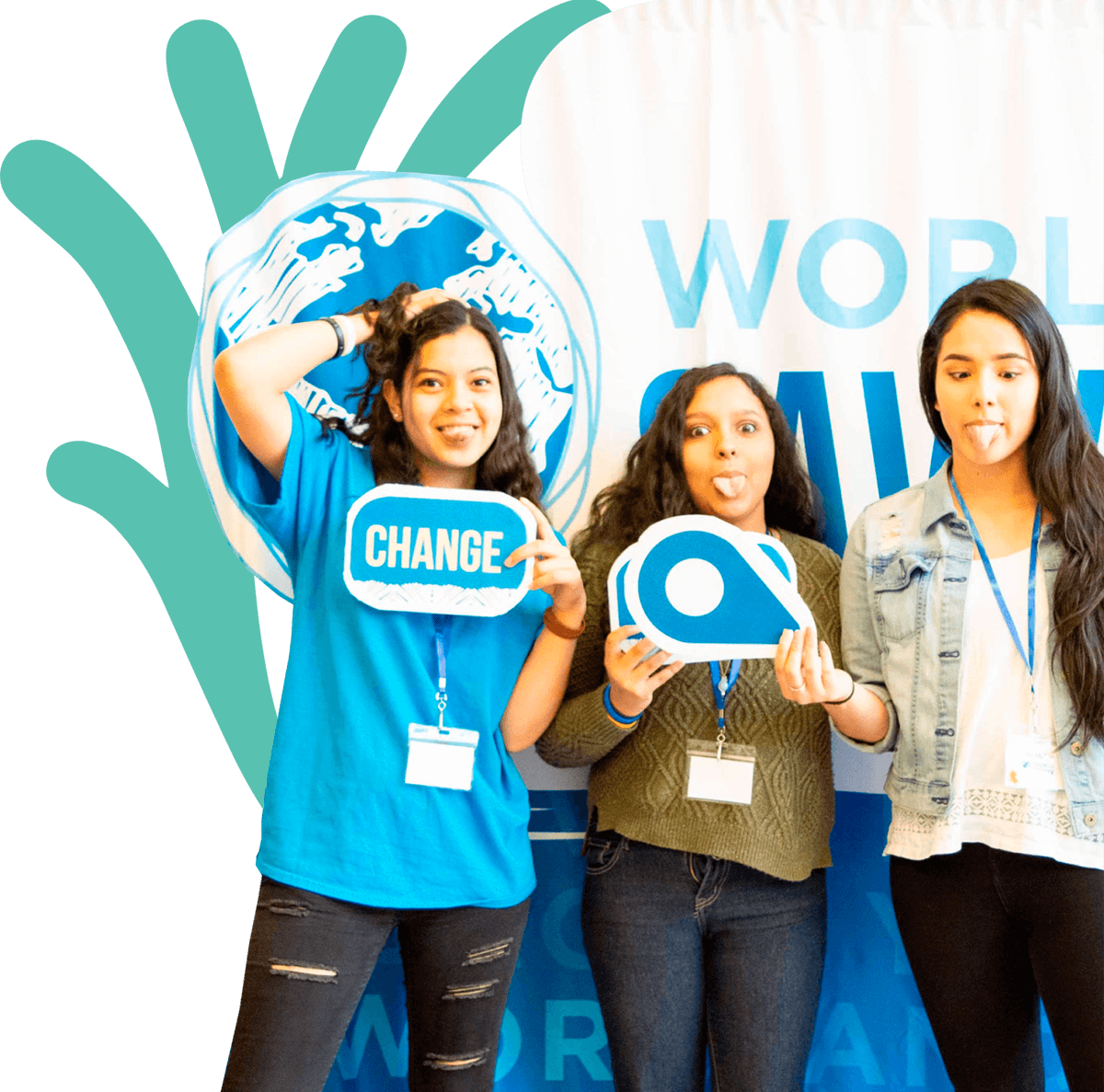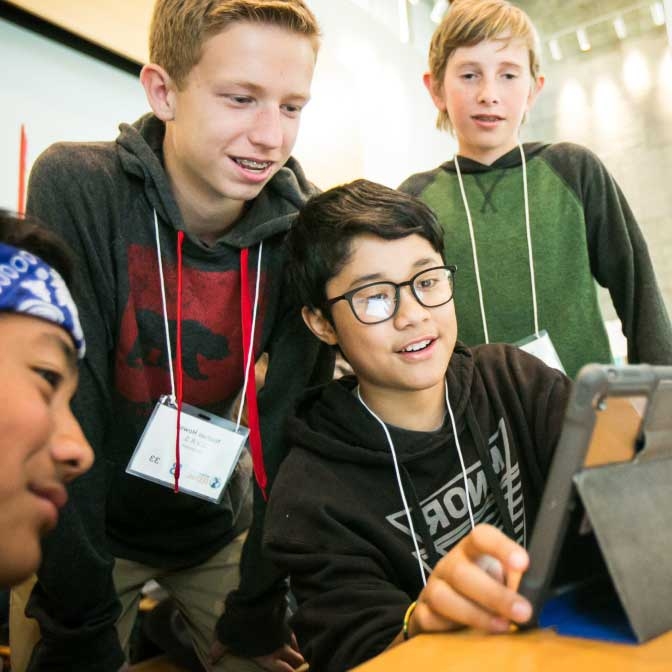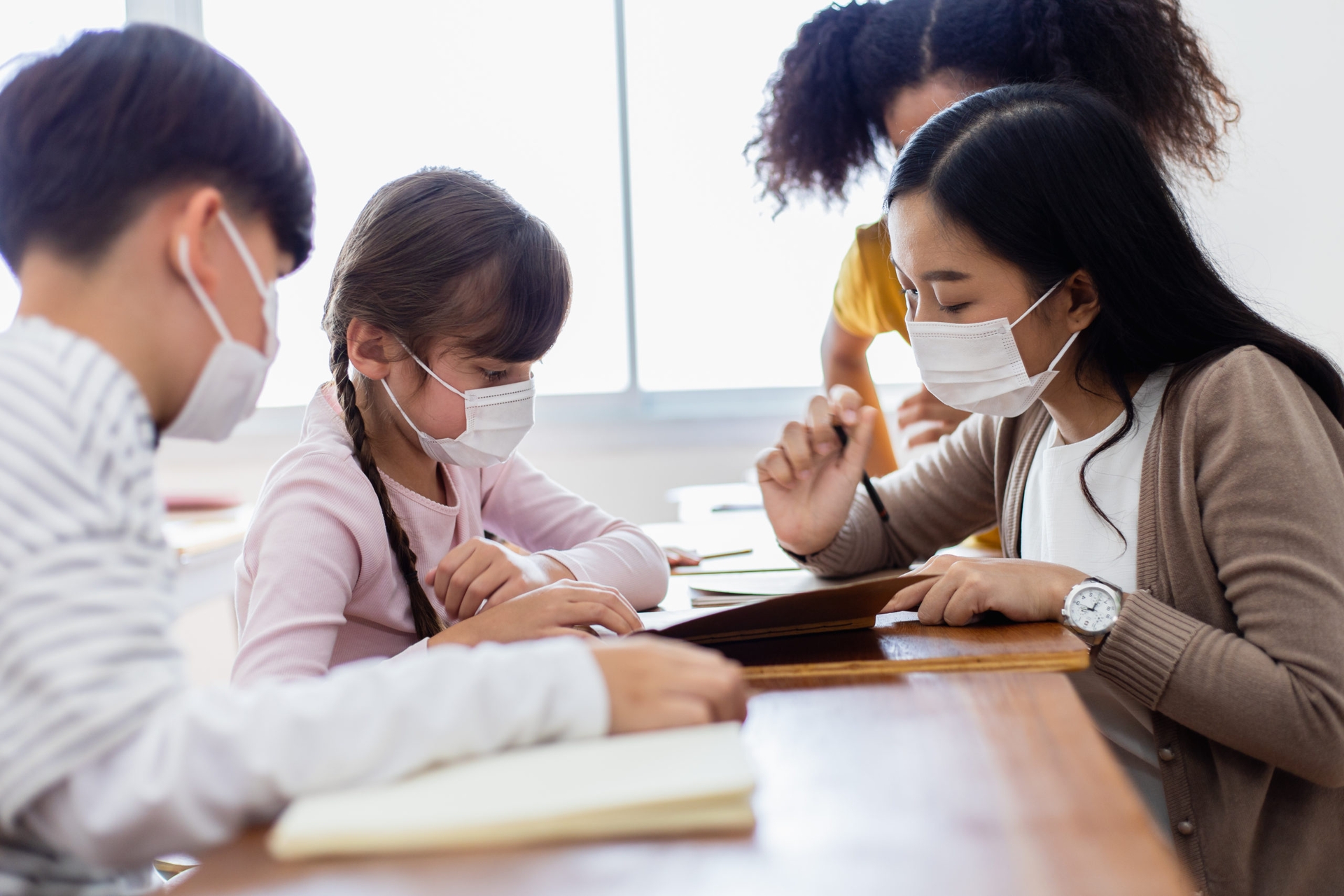
As we at World Savvy think about 2022 and all that this year could bring, there is a quote from the incomparable bell hooks that we have been thinking about a lot: “The function of art is to do more than tell it like it is – it’s to imagine what is possible.”
There are countless articles about the current state of education – about educators’ fatigue, low test scores, debates about Critical Race Theory, and the achievement gap. There is no shortage of news detailing the persistent problems that plague our education system. And while it is good for people to understand the challenges that we face, we often find solutions lacking in these pieces. We will never make the progress we desire for the future if we only rehash the present.
Let 2022 be the year that we tell a different story. Let this be the year that we heed the words of bell hooks and move beyond just telling it like it is and begin to imagine what is possible.
Here are three important ways to reimagine learning and create a system that helps students know more, care more, and do more.
Elevate skills: If we want young people to be responsible and engaged citizens, we need to teach them the skills and dispositions this requires. We must rethink and reimagine the classroom experience and the traditional assessments teachers have used. No longer would we be grading to see if a student knows who was president during World War I–they can google that. We would be grading their ability to think critically about the information before them, ask deep and probing questions, seek out the perspectives they need to understand, form opinions based on fact and exploration, and find comfort in ambiguity. In life, there are no easy answers. Why should school be different?
It is also time that we shift our language when describing empathy, resilience, and collaboration. These are not “soft skills.” In our complex and interconnected world, they are essential skills, and they should be taught and assessed with intention and urgency. As we look around the world right now, we can think of nothing more important than ensuring human beings have the capacity for these three things.
Elevate relevance: Students can practice critical thinking, research, empathy, and collaboration with any topic, so why not give them topics relevant to their lives right now and that prepare them to engage in a world that is complex, interconnected and rapidly changing? Explorations of the Civil War and Reconstruction should include explorations of redlining and mass incarceration today. Explorations of immigration in the early 1900s should consist of explorations of the border wall, ICE, and immigrants’ lived experiences today. We can give students work that directly connects to the world beyond the classroom so that they can begin to make sense of the world in which they live.
Elevate student choice and agency: Many schools offer students choices when it comes to the classes they take. French or Spanish? US History or Economics? Computer Science or Theatre? It is good for kids to have options, but none of those choices matter as much as the choices they get to make once they are IN the classroom.
Students need to have a voice in their own learning. Essential skills like critical thinking, coping and resilience, and questioning prevailing assumptions can be demonstrated in a myriad of ways, so let’s give students some power over how they show growth in these areas. When teachers move from the center of the classroom, a place where they are the keepers of knowledge, and into the role of facilitators of their students’ learning, they create a space where students can fully and authentically engage with the material and learn to think for themselves. There is nothing more powerful than asking a student, “What do you care most about?” and seeing their curiosity ignited. Schools can help students identify their passions and take informed action on the issues that matter to them.
School should not be a place that kids have to get through in order to do something more exciting; it should not be a box that has to be checked. School should be a place where important and complex work gets done, where students feel seen and valued, and where they learn how to see and value others. By centering the development of the essential skills and dispositions that young people need to thrive in this ever-changing world, teachers can create learning spaces that are relevant, inclusive, and engaging – places where students WANT to be. We can transform classrooms into places that move beyond WHAT kids know and instead focus on what kids can DO with what they know. This is what the world needs – a generation of young people who are curious, empathetic, critical thinkers who will take action on issues of global significance.
At World Savvy, we are committed to creating an educational system that inspires students to learn, work, and thrive as responsible global citizens – and we’ve reached more than 808,000 students since our founding in 2002. As the pandemic has so harshly demonstrated, we are all connected. We need to raise young people who possess the skills and dispositions to be leaders and changemakers in their diverse communities, locally and globally.
Together we can reimagine schools and create a new reality for both teachers and students.
Let this be the year that we imagine what is possible.
Change begins with you.
Our multi-year school partnerships are designed collaboratively with school leaders to align with each building’s strategic vision and goals.
Let’s Work Together





